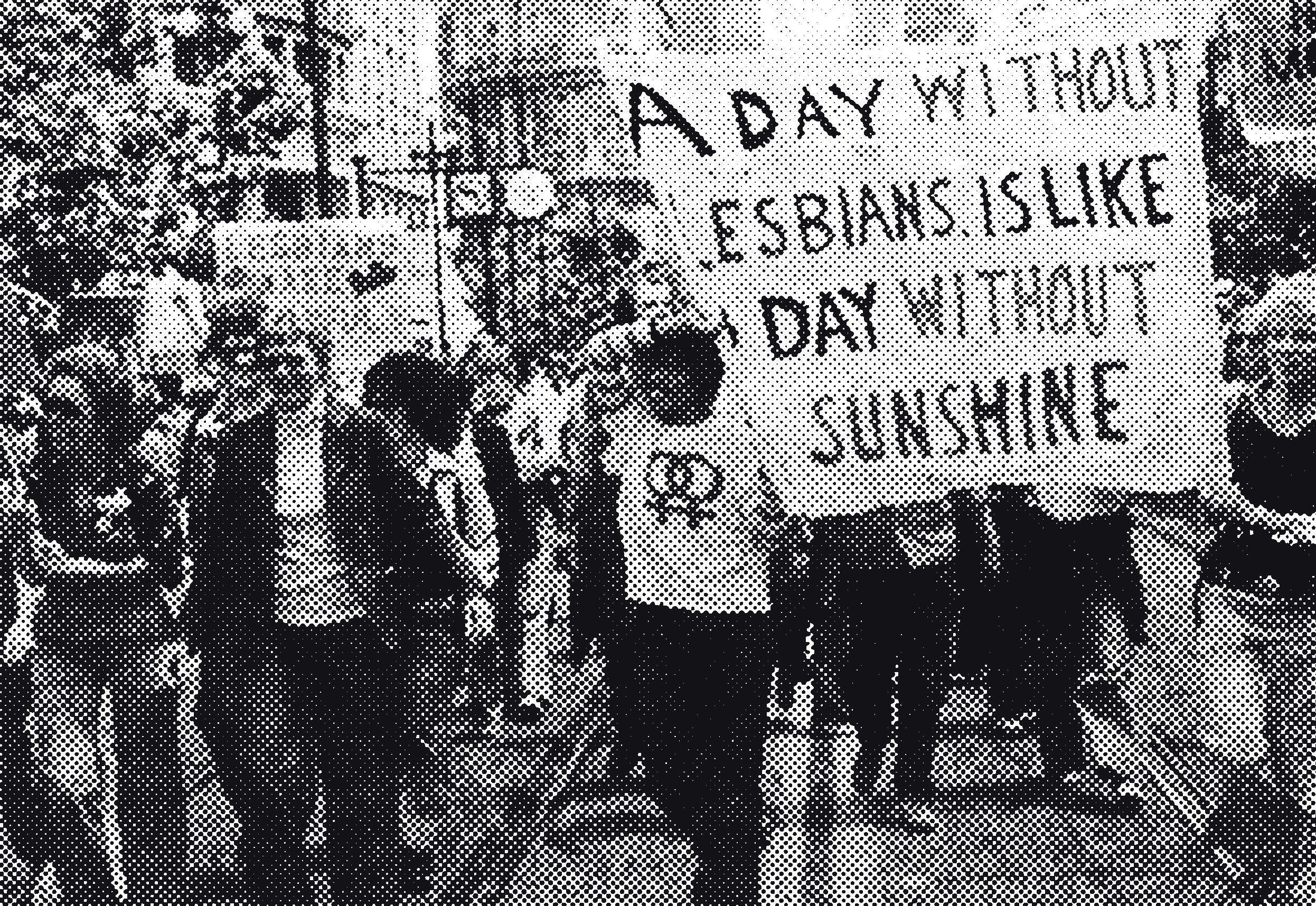Navigating Relationship Check-Ins

We hear it all the time: Communication Is Key To Successful Relationships.
Maybe you want to talk things through, but you’re not even sure what to say or how to start. We don’t always have relationship role models, so aren’t we all kind of winging it anyway?
That’s where a check-in can really help. It gives your relationship/s a bit of structure, a reliable space to talk openly, listen properly, and make small adjustments before things can spiral. The more you practice, the less intimidating those “big” conversations become.
And if “relationship check-in” sounds too much like “corporate board meeting”, rebrand it however you want: State of the Gay Union, Feelings and Snacks Summit, Revisiting the Gay Agenda. Make it your own.
And these check ins work for all types of relationships, romantic, queer platonic, friends, housemates, or otherwise. We sometimes use the term partner here, but that could mean anyone you share a meaningful connection with.
Here’s how to make them feel like something you might actually look forward to; for the connection, closeness and understanding that it can bring.
A time and a place
An intentional space for the conversation to unfold is key: not mid-argument, not when you’re both dead tired. So set some time aside and go for a walk, maybe head to a cafe.
Aim for a neutral headspace, and if one of you is having a tough day – no sweat, it’s okay to reschedule.
And how often? Some might want to have them once a month, every three months, every six months, once a year, or when a big change happens. (Hint: this could be a good thing to discuss in your first check in)
A bonus of making it a regular thing, regardless of what’s going on, is there’s less pressure to summon a Serious Talk when something feels off.
Review; and set some talking points
Start by acknowledging what’s going well (“I love how we’ve been spending more time together”). Life moves fast and it’s good to take a moment to take stock of just what has been going on lately. Maybe it’s a chance to pay homage to small milestones or acknowledge when something less fun came up.
There’s no script for a check-in, but it can help to have a few gentle prompts in mind to get things started. Some topics are bigger than others, and they might need their own conversation later. You don’t have to cover everything at once. You could touch on things like:
Boundaries: How do we signal when we need space or downtime?
Care work: Who’s handling the emotional labour, chores, and planning, and does it feel balanced?
Relationship structure: Our identities, desires, and labels shift. Maybe you’re opening up, redefining monogamy, or just realising you need more solo time.
Sex (if that’s relevant): How’s our sex life feeling and what kind of intimacy feels good right now? Should we revisit how we’re doing safer sex? Are we up to date with testing?
Conflict: How do we argue, and how do we repair things afterward?
Think about what you want from the conversation. Are you trying to raise a concern, check in on how they’re doing, or get clarity about something that’s been worrying you? It helps to know your own goals, but remember, the goal isn’t to change the other person. It’s to be honest about how you’re feeling and listen openly in return.
For example, if you’ve been feeling frustrated about housework, instead of saying “You never help with the dishes,” try:
“I wanted to talk about how we’re sharing chores — how are you feeling about it?”
Then, listen. They might be carrying unseen responsibilities too. Work together to find solutions that feel fair for both of you, like:
“I feel like I’ve been doing most of the dishes lately. Do you notice that? What do you think we could change?”
Framing it as a shared problem makes it easier to stay connected — and turns the conversation into teamwork, not tension.
Action it
As you talk things through, you might find it helpful to land on a few real, achievable next steps. We’ve all had those big, emotional conversations that end with good intentions but no real change. Setting small action steps helps you both turn insight into action and shows that you’re committed to growing together. Think of them as experiments, short-term changes you can try out and adjust as you go.
For example:
After talking about the tension around chores, we agreed to switch things up for a month — one of us handles planning and cooking meals, and the other takes care of the dishes. After a few weeks, we’ll check in and see how it feels.
Not every topic needs a concrete action — some conversations are just about being heard. But when you do set goals, revisit them in your next check-in. Ask yourselves: Did we follow through? How did it go? What might we tweak next time?
Reconnect
You made it! Take a minute to celebrate that you did the thing.
Sometimes these conversations are hard. Other times, you might be buzzing with the euphoria of working through something major or just being reminded of why you appreciate them so damn much.
You’ve done the emotional heavy lifting; you’ve earned a reward. Take some time to do something fun together.
So to summarise….
A check-in isn’t a fight, an interrogation, or “the talk.” It’s not a crisis tool, it’s a care tool. It’s a calm, intentional moment where you and your partner(s) sit down and ask: How are we doing?
It keeps small stuff small and you get clarity instead of chaos. When you check in, you actually know where you stand instead of decoding tone in texts or playing 4D chess with their Instagram likes.
The goal isn’t to fix everything or turn your relationship into a project plan — it’s about staying connected and aware.
Where to
find support
Looking for someone to talk to?
Find peer groups, community organisations and referral pathways for LGBTIQ+ women and gender diverse people.




